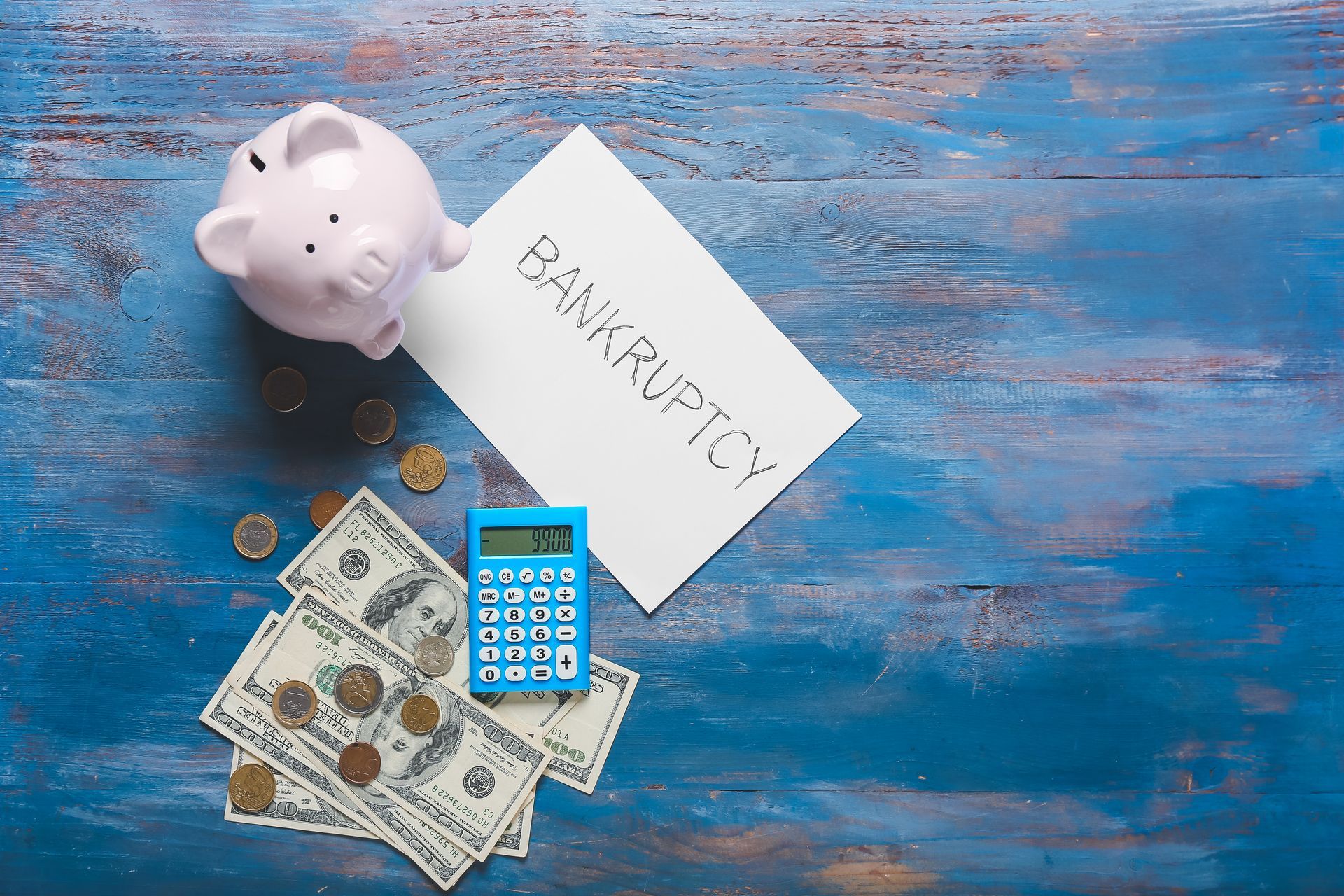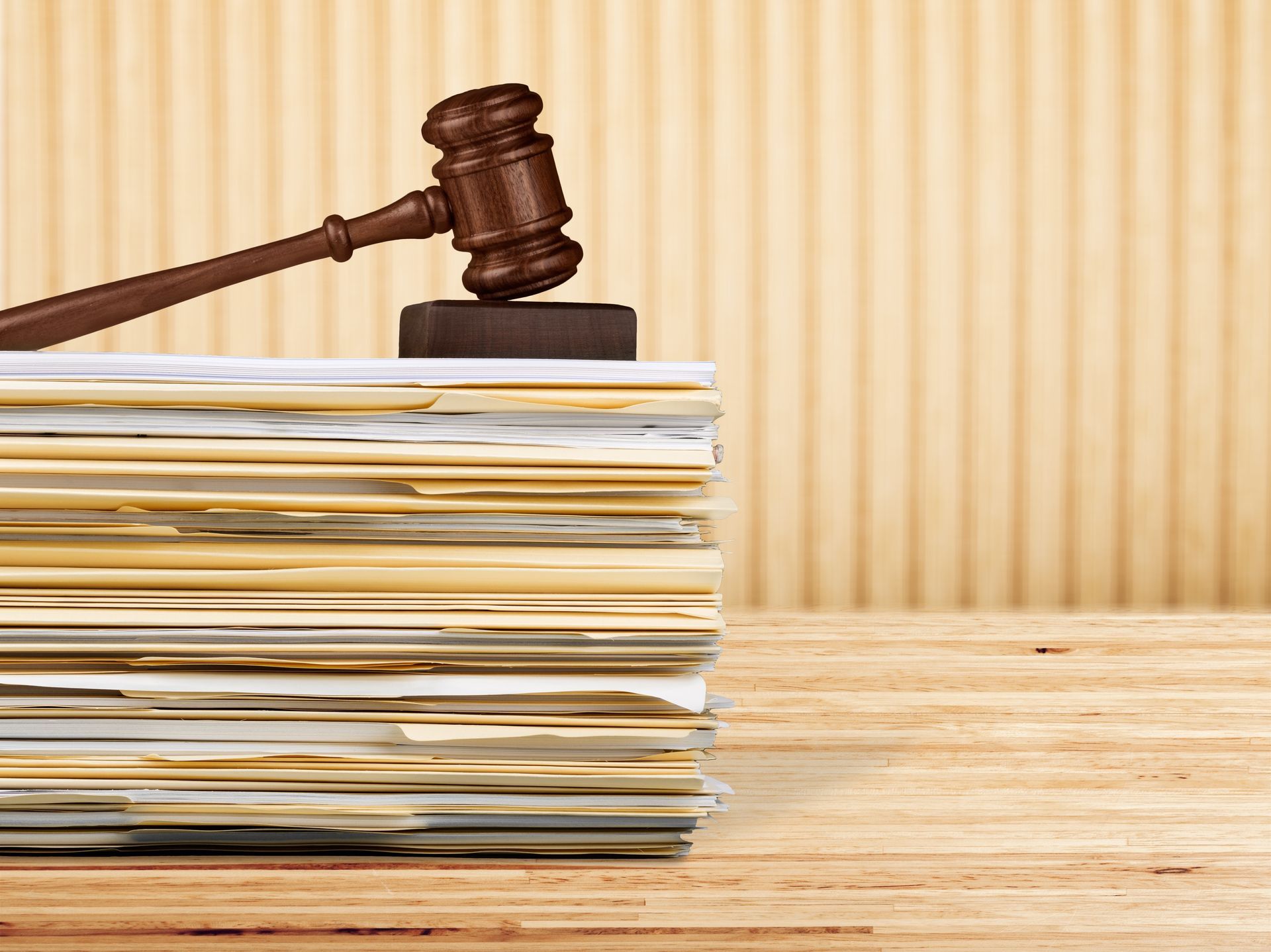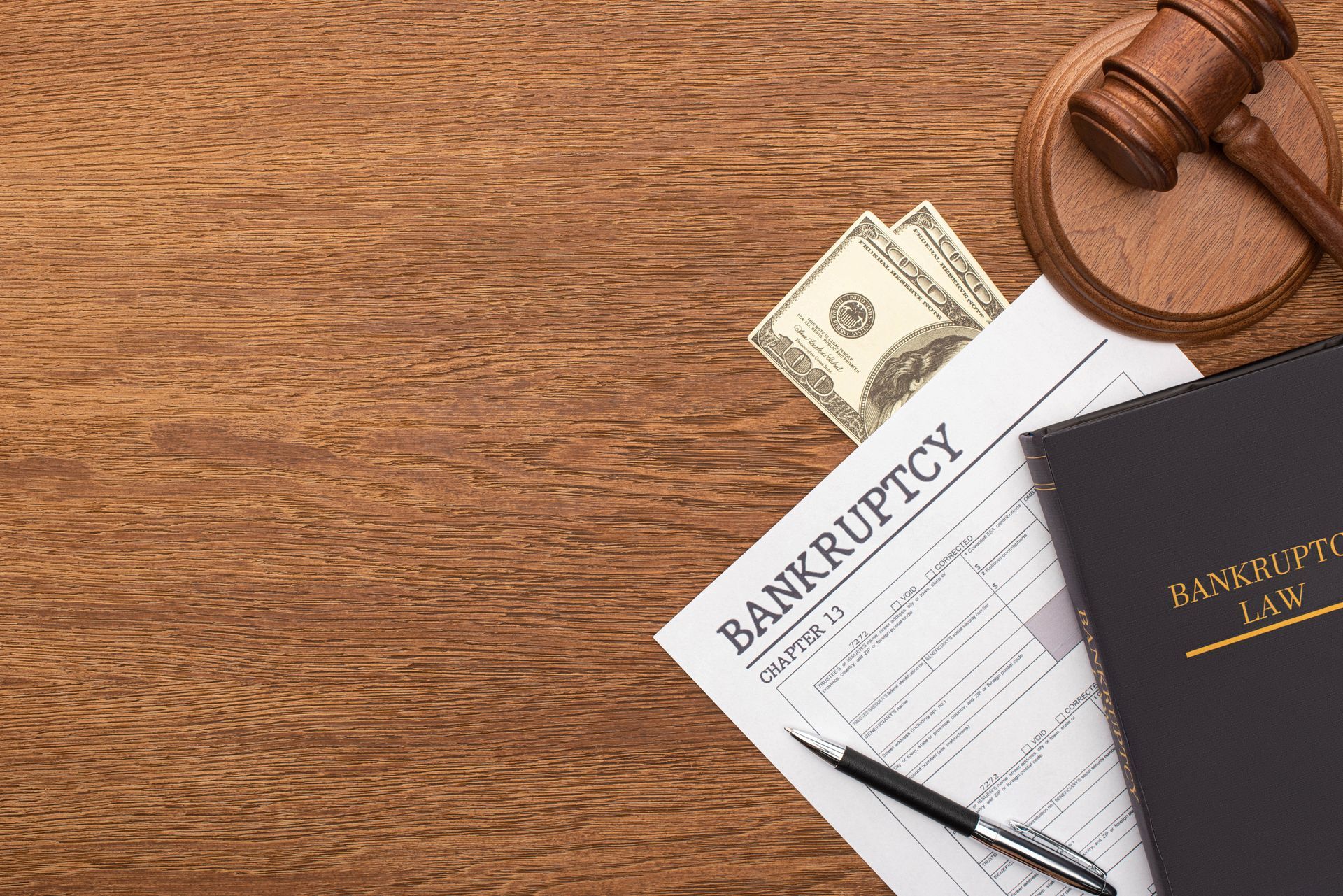Understanding Chapter 7 Bankruptcy
Falling into financial difficulties can be a stressful and overwhelming experience. With debts piling up, creditors calling, and the possibility of losing your assets, it's not surprising some people consider filing for bankruptcy. If you're a Texas resident and have been exploring your options, Chapter 7 bankruptcy may be the right one for you. In this post, we'll take a closer look at how Chapter 7 bankruptcy works, what it can do for you, and what you need to know before filing.
1. What is Chapter 7 Bankruptcy?
Chapter 7 bankruptcy, also known as a "liquidation bankruptcy," is a legal process designed to help people who cannot repay their debts. It involves reviewing your assets, debts, and income to determine if you qualify for debt relief. If you meet certain requirements, a trustee will sell any non-exempt property you have to pay off your debts and discharge the remaining balances. Chapter 7 bankruptcy operates under federal law but also includes Texas laws that determine which assets are exempt from being sold.
2. How Do I Qualify for Chapter 7 Bankruptcy?
To file for Chapter 7, you need to qualify under a means test. This test compares your income to the average income for your state and family size. If you've got less disposable income than your state's median income, you'll qualify. If not, you may need to file for Chapter 13 bankruptcy instead. Additionally, you'll need to complete credit counseling before you can file and meet other eligibility requirements.
3. What Can Chapter 7 Bankruptcy Do For Me?
The primary benefit of filing for Chapter 7 bankruptcy is the discharge of your debts, meaning anything you owe will be eliminated. Unlike Chapter 13 bankruptcy, Chapter 7 doesn't require you to pay back any of your creditors through a repayment plan. This can be a massive relief for people that might be in over their heads with sky-high bills. However, Chapter 7 bankruptcy can't eliminate all types of debt, such as student loans, alimony, or child support.
4. What Are the Downsides of Chapter 7 Bankruptcy?
First and foremost, filing for bankruptcy certainly leaves a mark on your credit report, which can last for up to ten years. You might also risk losing valuable assets, like homes or cars, if they aren't protected under Texas exemptions. Additionally, not all debts can be discharged through Chapter 7 bankruptcy, such as child support or recent taxes. It's important to talk to an attorney to discuss your situation and be sure this is the best course of action.
5. How Can I Get Started With Chapter 7 Bankruptcy?
If you think Chapter 7 bankruptcy might be right for you, the next step is to talk to an experienced bankruptcy attorney licensed in Texas. They can walk you through the process, offer guidance on whether you qualify, and help you understand which of your assets are exempt from being sold. Although it's possible to file on your own, that's not recommended, as bankruptcy laws can be complicated, and one mistake can result in dire consequences.
Chapter 7 bankruptcy is an option for Texas residents drowning in debts and seeking a fresh financial start. It provides relief by wiping out most unsecured debts and giving a clean slate. However, it's not a magical solution to all problems. It's essential to understand this process before considering it seriously, as it comes with its share of downsides and eligibility requirements. With the help of an experienced Texas attorney, you can navigate the process more smoothly and make sure you're taking the right steps to improve your financial future.











